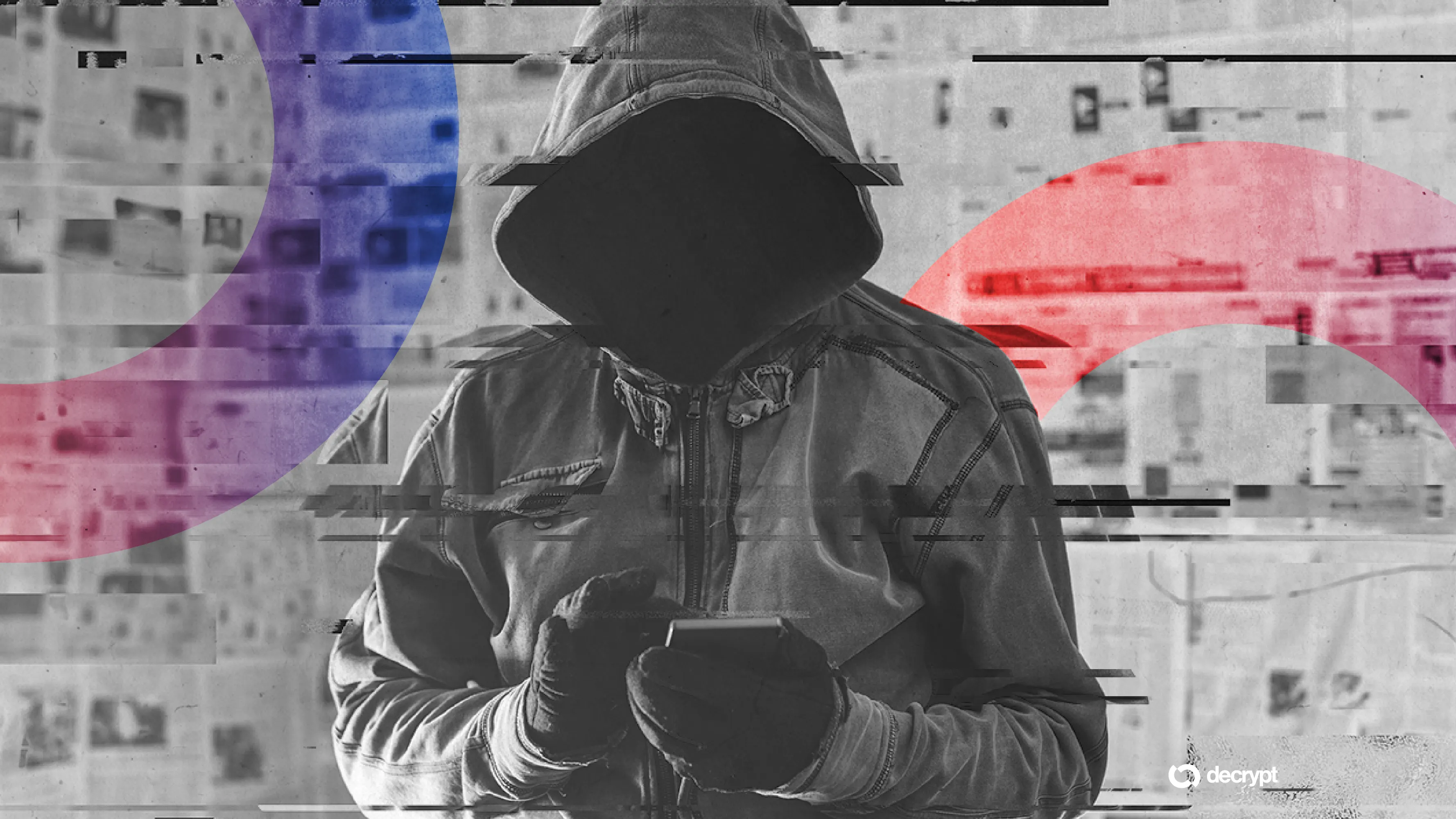In brief
- G7 leaders are expected to discuss North Korea’s use of crypto hacks to fund weapons programs next month, amid heightened geopolitical tensions.
- The DPRK has stolen billions in crypto through advanced cyberattacks, including high-profile breaches like Axie Infinity and Bybit.
- Officials are increasingly concerned about Pyongyang’s deepening ties with Russia and the growing sophistication of its cyber units.
Leaders from the Group of Seven countries are reportedly looking to discuss how the numerous crypto hacks and malicious cyber activities that North Korea has engaged in for years could be addressed and mitigated.
Discussions will likely center around mounting geopolitical concerns and trade tensions between the U.S. and the G7's other member countries, according to an initial report from Bloomberg citing sources with knowledge of the summit's plans.
North Korea's actions have been characterized as alarming, with investigations revealing how stolen funds, most of which stem from the crypto industry, have been used to support its development of weapons of mass destruction.
The summit, hosted by Canadian Prime Minister Mark Carney at Kananaskis, Alberta, will run from June 15 to 17, bringing leaders from the world's seven most advanced economies.
G7 member countries include France, Germany, Italy, Japan, the U.K., the U.S., and this year's host, Canada.

Kraken Flags Suspected North Korean Job Applicant Attempting to Infiltrate Exchange
A routine job interview at crypto exchange Kraken turned into a covert investigation after a job candidate raised suspicions of being a North Korean operative. Rather than end the process, Kraken opted to continue the interviews to gather insight into the tactics being used. What began as a standard hiring process for a remote engineering role escalated into what Kraken described as an "intelligence-gathering operation," the company said in a blog post published Thursday. North Korea’s efforts...
Crypto hacking playbook
The Democratic People's Republic of Korea (DPRK) has established a rigorous cyber operation in recent years, often possessing sophisticated means to target and seize digital assets from vulnerable protocols.
Its offensives have gained notoriety for employing increasingly complex tactics, resulting in major losses, some of which have included Axie Infinity’s loss of $622 million or WazirX’s $230 million theft.
The discussions come as North Korea has shown deepening ties with Russia in recent years, which have included sending military aid to the former Soviet empire amid its ongoing invasion of Ukraine.

Bybit CEO: Two-Thirds of Funds From $1.4B Lazarus Group Hack Still Traceable
Over two-thirds of the $1.4 billion stolen in the largest crypto hack to date, the Bybit breach, remains traceable, despite hackers using an array of mixing services to cover their tracks, according to a new update from the exchange’s CEO. In an executive summary tweeted Monday, Bybit CEO Ben Zhou broke down the flow of roughly 500,000 ETH stolen in February, revealing that 68.57% of the funds remain traceable, 27.59% have “gone dark”, and 3.84% have been frozen with the help of exchanges. 4.21...
Those ties heighten threats "by sharing tools and expertise, complicating attribution and response efforts," Luis Lubeck, project manager at crypto cybersecurity firm Hacken, told Decrypt in December last year.
Beyond the more commonly known Lazarus Group, other threat actors are working behind the scenes, according to an analysis of the regime's operational structure by blockchain security expert Samczsun of research-driven crypto investment firm Paradigm.
In February, crypto exchange Bybit suffered the industry’s largest hack at $1.4 billion, with North Korea's Lazarus Group pegged as the culprit by cybersecurity firms and later confirmed by federal authorities.
Edited by Sebastian Sinclair




